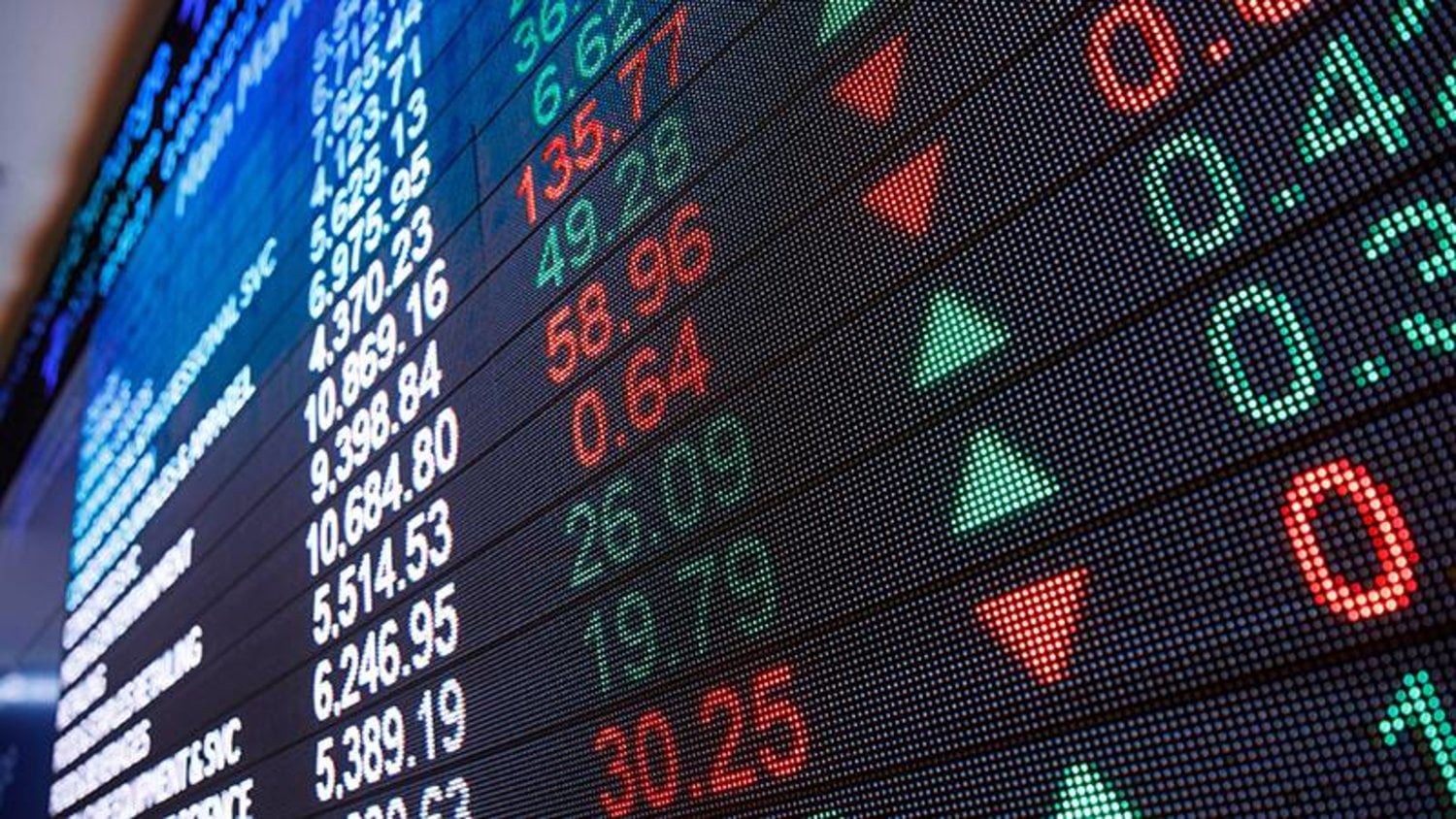
Benefits of learning trading
Benefits of learning trading:
1. Build knowledge: Learning to trade helps you understand its basic concepts and apply them to the financial markets.
2. Making investment decisions: You can develop your skills in analyzing data and making the right investment decisions.
3. Diversify income: Through trading, you can earn additional income and diversify your sources of income.
4. Understanding the Financial Markets: Learning to trade helps you understand the basics of the financial markets and how they work.
5. Develop Confidence: By understanding trading and achieving success in it, you will build confidence in yourself and your ability to make financial decisions.
Understanding the concept of trading and the different types:
Learn the basic concepts of trading, including the concept and different types of trading such as stocks, currencies, commodities and options.
Determine your goals and strategy:
Before you start trading, define your investment goals and strategy. Do you want to earn extra income or build long-term wealth? Choose a strategy that suits your goals.
Learn to analyze charts and use technical tools:
Learn how to read and analyze charts, and use technical tools such as indicators and trends to make appropriate buy or sell decisions.
Practice trading in a safe environment:
Before you start real trading, try practicing in a safe environment such as a demo account.
This will help you apply what you have learned and gain confidence.
Monitor financial news and market developments:
Be aware of important financial news and market developments. Monitor economic news and global events to understand how they affect the markets.
Risk monitoring and management:
Apply risk management in trading, develop a strategy to preserve capital and minimize potential losses.
Continue learning and training in the world of trading, and applying what you have learned on the ground will help you build a successful project in the trading market.
The concept of trading and its types
The concept of trading refers to the process of buying and selling financial assets such as stocks, currencies, and commodities with the aim of making a profit. Types of trading include day trading, long-term trading, automated trading, and others.
The importance of studying before starting to trade
When you start trading, it is important to study and understand the market well, as this will help you make informed trading decisions and reduce potential risks.
Market and asset selection
Types of traded assets
When choosing the assets to trade, you should consider the type of assets that are desired and available in the market, such as currencies, stocks, commodities, and futures.
Types of traded assets
The types of assets traded include currencies, stocks, commodities, and futures, and the appropriate assets must be chosen according to the market and the trader's personal needs.
Choosing the right time to trade
When choosing the right time to trade, you should consider the periods of market activity and limit weak or ambiguous signals. Identify times that provide smooth and stable trading and that are consistent with your trading strategy.
Trading Strategies
Trading strategies are a set of methods and rules that traders use to make sound financial decisions. There are many different strategies that can be used, such as short-term and long-term trading, chart analysis, and the use of technical tools. Try several strategies and find the one that matches your goals and trading style. Use the strategy that works for you and trust it.
Short-term and long-term trading strategies
Short-term trading strategies are used to take advantage of daily market fluctuations and focus on quick trades and quick profits, while long-term trading strategies focus on achieving long-term returns and require patience and deep analysis.
Chart analysis and use of technical tools
Chart analysis and the use of technical tools are essential parts of the trading process, helping traders understand price action, identify strengths and weaknesses in the market, and make informed trading decisions. Chart analysis involves using tools such as trend lines and technical indicators to identify trends and trading opportunities, while using technical tools such as supply and demand and moving averages helps confirm signals and identify potential entry and exit points.
Capital and Risk Management
Capital and risk management are crucial in trading. You should determine the risk you can afford and the size of the trades that affect your capital. Develop and strictly implement a risk management strategy to protect your invested capital and ensure the sustainability of your trading.
The importance of capital management in trading
Capital management in trading is of utmost importance to maintain the sustainability of the trading process.
You should allocate a certain amount of capital to each trade and determine the maximum loss you can afford.
You should also assess the risks and use stop loss based on your market analysis.
Follow your strategy strictly and do not exceed the limits you have set to protect your capital.
How to assess and reduce risks:
- Analyze the economic and political situation before entering into a deal.
- Evaluate probabilities and indicators to reduce risks.
- – Develop a clear risk management strategy and define acceptable loss limits.
- – Use stop loss orders to preserve capital.
- – Learn from past mistakes and losses to improve your strategy.
- – Update your strategy based on changes in market and economic conditions.
- Connect with experts in the field for advice and guidance on how to reduce risk.
Continuity and evolution
Developing your trading skills with confidence is very important to ensure continuity and development in this field. Expand your knowledge and improve your strategy by reading and studying continuously, communicating with trading experts and applying advanced methods in your style.
Develop your trading skills with confidence
Enhance your trading skills with confidence by:
- Continuous reading and study.
- Benefit from the experience of trading experts.
- Apply advanced techniques to your trading style.
Searching for new opportunities and keeping up with developments in the trading market
To develop your trading skills with confidence,
- You need to look for new opportunities and keep up with developments in the trading market.
- Read reliable sources and follow financial and economic news.
- You may also need to update your strategies and use advanced technology to analyze the market.
- Be prepared to take advantage of new opportunities that arise and change in the trading market.



